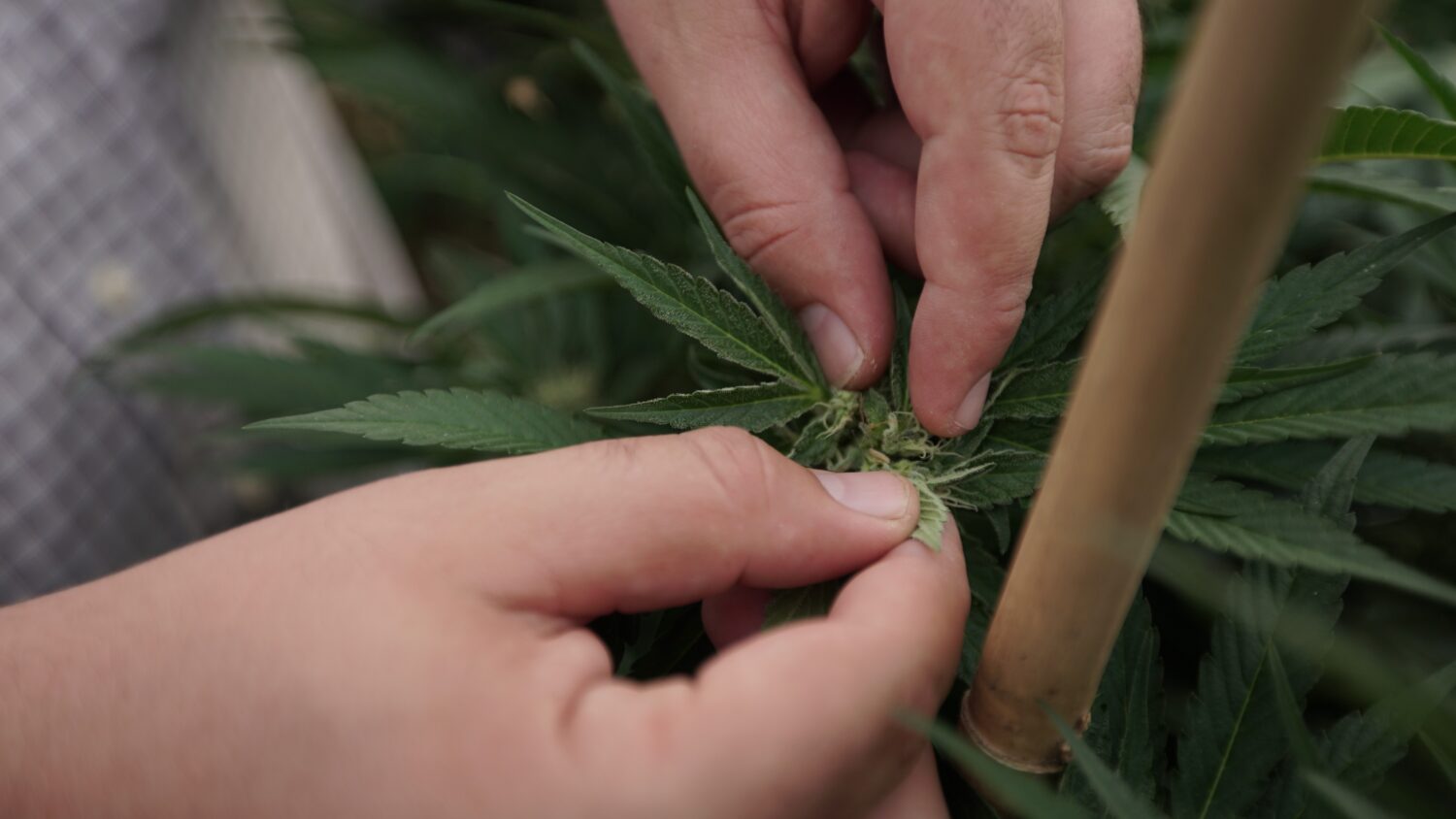Bipartisan congressional lawmakers have refiled a bill to combat illicit marijuana grows on federal lands, framing it as a way that the federal government can help protect cannabis consumers’ health from banned pesticides that are often used in unregulated cultivation.
While the idea of yet another stepped up federal effort to crack down on illegal cannabis production might seem like an extension of prohibitionist enforcement at a surface level, Rep. Scott Peters (D-CA) said on Thursday that the primary intent of the Targeting and Offsetting Existing Illegal Contaminants (TOXIC) Act is consumer safety and environmental protection.
“No buyer should be unknowingly consuming marijuana contaminated by dangerous, banned pesticides,” the congressman said. “That’s why [Rep. Doug LaMalfa (R-CA)] and I introduced the TOXIC Act to go after these illegal, cartel-linked grow operations on federal lands.”
“The effects go well beyond the end user, endangering multiple species and posing a threat to the Forest Service agents who are tasked with cleaning up these lands,” he said.
Advocates, industry stakeholders and regulators share a broader concern about the environmental damage associated with illicit grows, where banned pesticides are sometimes used and can damage the ecosystem by polluting water and soil and poisoning wildlife.
In terms of consumer safety, advocates have long maintained that creating regulated cannabis markets for adults and patients, where products are subject to testing and other compliance policies, can mitigate the risks of consuming contaminated products.
Peters and LaMalfa both represent California, where illicit cultivation has been an ongoing issue despite legalization.
With the majority of California’s localities banning at least some types of marijuana businesses from operating in their areas—and an expansive network of public lands where illicit growers can mask their activities—demand for illegal products persists.
LaMalfa, the Republican sponsor, is no fan of cannabis and even posted an iconic video of himself bulldozing illegal grows alongside law enforcement in California in 2021. But he highlighted the new legislation’s consumer protection aims in a press release on Wednesday, saying that it is meant to prevent exposure to banned pesticides that are “endangering residents who inadvertently consume it.”
The TOXIC Act, which did not advance last session, is a two-tiered approach to the issue. The bill would provide up to $250 million in funding for the U.S. Forest Service (USFS) over five years to remediate areas where banned pesticides have been used as part of unsanctioned cannabis cultivation and also increase criminal penalties for people who have used those prohibited chemicals.
It would also increase criminal penalties for the use of banned pesticides for illegal marijuana grows, proposing that it be treated the same way as smuggling those pesticides, with maximum penalties of up to $250,000 in fines and up to 20 years in prison.
Congressional lawmakers have also sought to fund remediation efforts related to illegal marijuana grows in appropriations and defense legislation. Last year, for example, Sens. Alex Padilla (D-CA) and Dianne Feinstein (D-CA) proposed a defense bill amendment calling for federal, state, tribal and local collaboration to address remediation of lands damaged by illicit cannabis cultivation.
At the state level in California, officials announced in 2021 that they were soliciting concept proposals for a program aimed at helping small marijuana cultivators with environmental clean-up and restoration efforts.
Last month, the federal Fish and Wildlife Services (FWS) said that the steep costs associated with marijuana business licensing in California are contributing to illegal grow sites, where unauthorized chemicals are being used, thus endangering species of spotted owls.
California officials separately announced last month that the state is launching a first-of-its-kind grant program to support cities and counties in establishing local cannabis business licensing programs to address unmet consumer demand and help curb the illicit market.
The Department of Cannabis Control’s (DCC) Local Jurisdiction Retail Access Grant will provide $20 million in funding to localities across the state, prioritizing those where surveys show a disconnect between the availability of licensed retailers and rates of cannabis use among adults.
Last year, California lawmakers passed, and the governor signed, a bill aimed at combatting the illicit market by reducing legal growers’ costs through the elimination of the state’s cannabis cultivation tax.
Also last year, a pair of GOP congressional lawmakers asked key cabinet officials in the Biden administration to study the environmental impacts of marijuana cultivation—acknowledging both the intensive electrical demand that growing cannabis can involve as well as the role that legalization can play in setting regulations for the plant. (Full Story)

